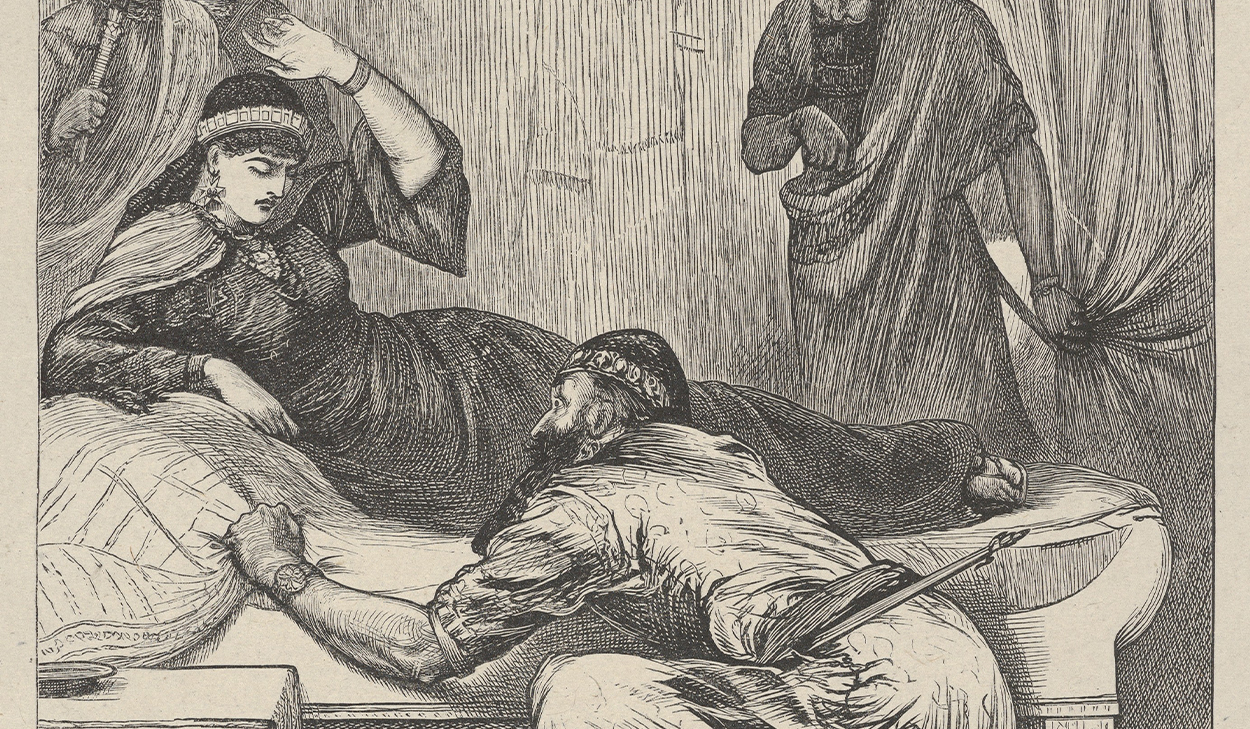
“‘Go, gather together all the Jews who are in Susa, and fast for me. Do not eat or drink for three days, night or day. I and my attendants will fast as you do. When this is done, I will go to the king, even though it is against the law. And if I perish, I perish.’” -Esther 4:16
God had placed Esther in a unique position. She was naturally beautiful, and she had caught the attention of King Xerxes. The king made Esther his queen, placing her in the highest position of all women in the kingdom.
But there was one thing King Xerxes didn’t know about Esther—she was a Jew. She had kept her nationality and heritage from the king at the request of her cousin, Mordecai. This detail might not have been important if Mordecai had not angered Haman, one of the king’s nobles. When Mordecai refused to kneel before Haman, Haman sought to destroy not just Mordecai but all of the Jews. He convinced the king to sign an edict, ordering the annihilation of all Jews on a single day.
Mordecai and the rest of his people were in distress. They were helpless. No one could help them, no one could save them—except for a young, beautiful Jew living in the king’s palace.
Mordecai asked for Esther’s help, pleading that she go to King Xerxes to beg for mercy. There was just one problem—no one was allowed to approach the king without being summoned by him. Doing so was against the law and could lead to death.
But Mordecai reminded her that, perhaps, everything was happening for a reason. Maybe she didn’t become the queen by accident. Perhaps she was given this royal position and access to the king “‘for such a time as this (Esther 4:14)’”.
Believers may never know why God has placed them in a location or a position until a crucial moment comes to pass. A detour could put you in the path of someone who needs to hear the gospel. A promotion could give you influence over areas that impact God’s Kingdom. These divine placements might bring joy and praise at first. But when the Lord’s placement also puts you in the path of danger, it can be difficult to step into that calling and respond as Esther did, “‘And if I perish, I perish (Esther 4:16).’”
In faith, Esther stepped into her calling and approached the king, at the risk of her life. King Xerxes, rather than responding in anger, listened to Esther’s request. The king ordered that Haman be killed and overruled the edict to destroy the Jews.
Esther’s actions led to her people being spared. Think of the impact that could be made if more believers followed her courageous example. The Lord may call His children into dangerous territory. Stepping into your calling could lead to your physical death, but not doing so could lead to someone else’s spiritual death.